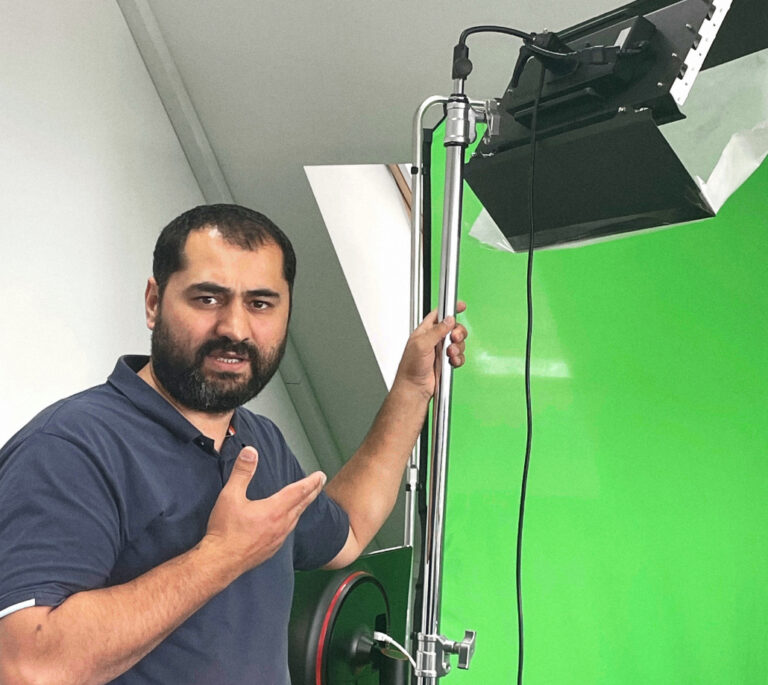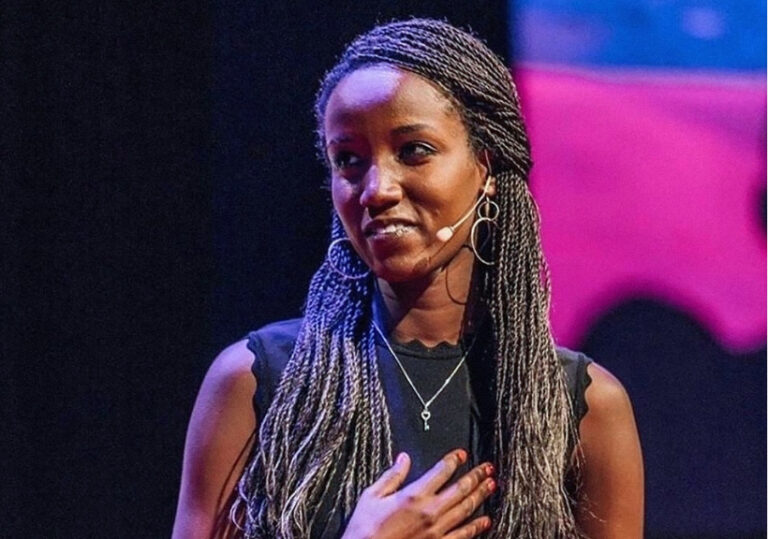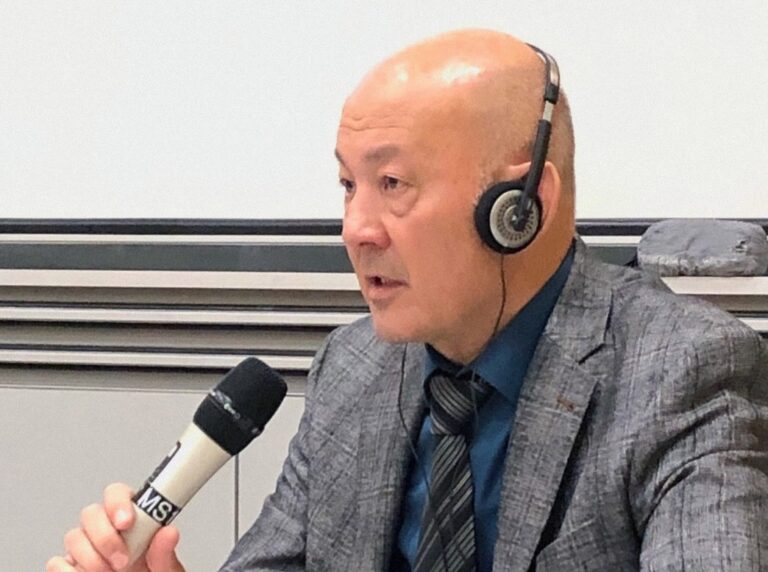The Looming Return to War in South Sudan: Uganda’s Dangerous Game
By WLC Leadership Council member, Diing Mou.
South Sudan stands on the brink of renewed conflict, with recent clashes in Nasir and Upper Nile State serving as a stark reminder of the nation’s fragility. Despite the 2018 Revitalized Agreement on the Resolution of the Conflict in South Sudan (R-ARCSS), violence has erupted again, exposing the deep-seated political and ethnic tensions that persist beneath the surface. At the heart of this crisis is not just internal strife but also the problematic interference of Uganda’s President Yoweri Museveni, whose unwavering support for President Salva Kiir continues to undermine any prospects for lasting peace.
Understanding the Nasir Clashes
The latest escalation began when rumors emerged that the South Sudan People’s Defense Forces (SSPDF) had dispatched General Johnson Olony, a deputy chief of general staff for mobilization and disarmament alongside other senior officers, to carry out the forced disarmament of the White Army, a local armed youth group. In response, the White Army mobilized to resist.
On March 3rd and 4th, 2025, violent clashes erupted in Nasir after the SSPDF attempted to disarm the White Army.
The disarmament attempt, led by General Johnson Olony—an SPLA-IO defector—has only deepened the mistrust between the government and local armed youth, resulting in deadly confrontations.
The White Army swiftly expelled the SSPDF from their garrison in Nasir. This confrontation was not an isolated event but part of a larger pattern of ongoing political violence that has persisted since early 2024. Fighting intensified on February 14, 2025, when SSPDF forces attacked civilians in a marketplace, triggering retaliatory attacks that left thousands displaced and many wounded.
Despite repeated calls for a national unified security force stimulated by the 2018 agreement, R-ARCSS to replace the existing SSPDF troops—who have been implicated in human rights abuses—the government has instead deployed allied ethnic militias. This has fueled tensions, with local youth fearing both forced disarmament and potential massacres.
The situation escalated further on February 25 when SSPDF launched airstrikes on SPLA/IO positions. These strikes also hit civilian areas, leading to accusations of war crimes. The attack on a UN helicopter attempting to evacuate soldiers from Nasir, which resulted in at least 27 deaths, including one SSPDF general and one UN peacekeeper, underscored the grave risk of South Sudan descending back into full-scale war.
Uganda’s Biased Interference: Propping Up Kiir at All Costs
While South Sudan’s internal conflicts are complex, one undeniable reality is Uganda’s continuous interference in its affairs. President Museveni has played a decisive role in ensuring the survival of Salva Kiir’s government, but his actions have increasingly blurred the line between ally and occupier. Museveni’s government has repeatedly intervened to prop up Kiir’s rule, ensuring his survival even when South Sudan’s internal political and military dynamics suggest otherwise. This interference, often justified as stabilizing South Sudan, is instead exacerbating tensions and preventing meaningful political reform.
Uganda’s Unchecked Influence
Since South Sudan’s civil war erupted in 2013, Uganda has acted as Kiir’s primary military backer. The Uganda People’s Defense Force (UPDF) played a crucial role in preventing Juba from falling to opposition forces in 2013, a move that effectively cemented Kiir’s dependence on Museveni. But what began as a temporary intervention has transformed into long-term political and military control. The recent statements by General Muhoozi Kainerugaba, Museveni’s son, claiming that Ugandan Special Forces entered Juba to “secure it” and that Uganda will protect South Sudan “like it was our own,” raise serious concerns. This rhetoric suggests that Uganda sees South Sudan not as a sovereign nation but as a satellite state under its control.
The Consequences of Uganda’s Military Gamble
Uganda’s involvement in South Sudan presents significant risks, not only for Juba but also for Uganda itself.
1. Turning South Sudan into Uganda’s Military Playground
- Kiir has given Uganda unchecked freedom to operate within South Sudan, but this could provoke a backlash from other regional actors, including Sudan, Ethiopia, and the Democratic Republic of Congo (DRC).
- Uganda’s deepening role could escalate regional conflicts, increasing tensions in East Africa.
2. A Regional War on the Horizon
- With Sudan already engulfed in war, any renewed South Sudanese conflict could spiral into a broader regional crisis.
- Armed groups could exploit open borders, leading to cross-border insurgencies that Uganda may struggle to contain.
3. Kiir’s Lack of an Exit Strategy
- Kiir’s entire regime is propped up by Uganda’s military support. If Museveni ever withdraws, Kiir’s government could collapse within weeks.
- South Sudan’s political future should be determined by South Sudanese, not by a foreign power dictating leadership transitions.
Is Uganda Pushing for a Controlled Leadership Transition?
There are growing signs that Uganda may be positioning itself to control South Sudan’s post-Kiir transition. If Museveni’s goal is to retire Kiir and install an SPLM veteran as a successor, it may be a pragmatic move to retain influence while avoiding outright conflict. However, if Uganda is seeking to install a controversial figure like businessman Bol Mel as Kiir’s successor, this would be a fatal miscalculation.
Bol Mel is not a political leader, and any attempt to impose him on South Sudan’s fractured political landscape would trigger widespread resistance. This could lead to violent power struggles and potentially turn South Sudanese factions against Uganda’s influence.
Museveni’s Own Regime at Risk
Museveni’s deep entanglement in South Sudan’s politics could have unintended consequences for his own regime in Uganda.
- Rising Internal Opposition: Museveni has ruled Uganda for nearly four decades, and opposition forces are gaining traction.
- Muhoozi’s Reckless Ambitions: Museveni’s son, Muhoozi Kainerugaba, is increasingly vocal about foreign interventions, which could destabilize Uganda’s own military and political establishment.
- Regional Isolation: If South Sudan’s leadership changes and turns hostile toward Uganda, Museveni could lose a key ally, making his regime vulnerable to regional political shifts.
Breaking South Sudan’s Dependency on Uganda
The fundamental problem in South Sudan’s crisis is not just its internal divisions—it is Kiir’s dependency on Uganda. If South Sudan is to achieve real stability, Kiir must:
1. Reform South Sudan’s security forces. The SSPDF must function as a national military, not as a factionalized entity serving one leader.
2. Engage in genuine political dialogue. Peace cannot be imposed through force—it must be built through inclusive governance and reconciliation.
The Looming War: A Call for Urgent Action
South Sudan is at a crossroads. If political and military actors continue their blame game and power struggles, the nation could descend into another devastating war. Uganda’s unchecked support for Kiir is not stabilizing South Sudan; it is fueling the very divisions that could trigger conflict.
The international community must pressure both Kiir and Museveni to pursue a genuine political solution. Without this, South Sudan’s fragile peace will collapse, and the region will once again be engulfed in violence.
The time to act is now—before another war breaks out in South Sudan.




